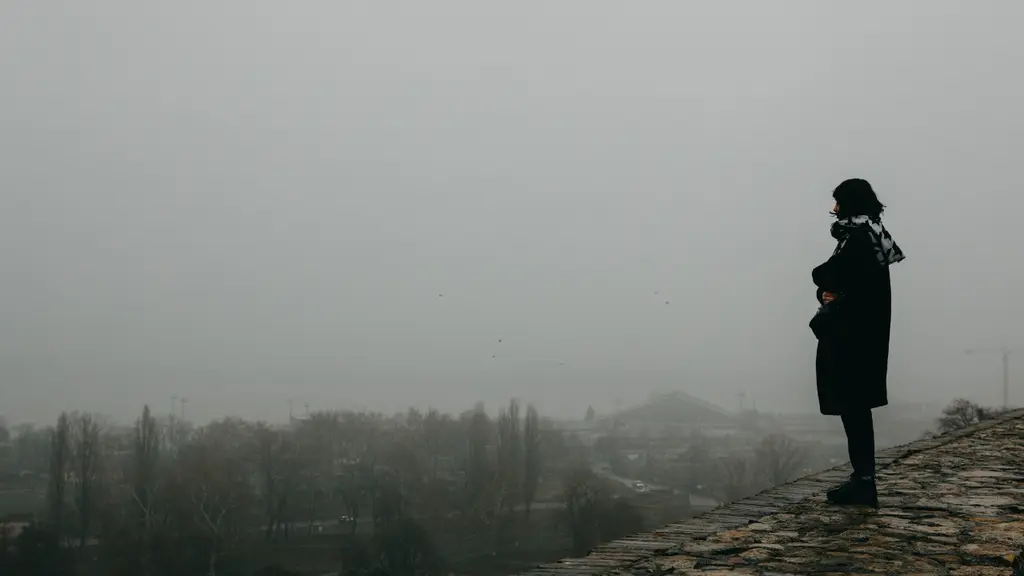Sensitive content
This site contains sensitive content that includes references to sexual violence.

When I was sixteen years old, I was sexually abused by the religious brother who ran the catholic scout’s group at the Abbey of Montserrat in Catalonia. When I disclosed the abuse to his religious community, church officials followed their standard playbook: cover up the crime, transfer the perpetrator, silence the victim. It took me decades to be able to tell my story publicly, in the Netflix documentary Examination of Conscience.
"Multiple other victims came forward soon after. After an internal investigation the church acknowledged that my abuser was a sexual predator who had abused at least 12 children over three decades. He never spent a day in jail, because by the time victims came forward the criminal statute of limitations had long passed. To this day, the Abbey of Montserrat, who enabled his criminal career, refuses to pay compensation to his victims."
My story is important, not because its rare but because it's the norm. There are multiple internal and external barriers that prevent children from disclosing the abuse they have suffered (i.e. shame, guilt, fear…). Even when they do, as the abuser usually is someone from their circle of trust, their community reacts trying to silence the crime and shielding the perpetrator.
A statute of limitation in relation to childhood sexual violence defines the maximum amount of time a victim can wait before starting legal proceedings against the perpetrators. Setting this limit for survivors of childhood sexual abuse is harmful as it means that many do not recieve justice if they can’t speak up within the imposed deadline, which is usually an arbitrary amount of time.
On average, survivors in Europe disclose when they are 52 years old. When they do, often they have no access to justice, due to predator-friendly, archaic, scientifically unsound statute of limitations legislation that says no prosecution is possible no matter how strong the evidence is.
If there's no prosecution, there can be no conviction. Predators don't enter the child offenders register. They can pass criminal background checks, which allows them to work and volunteer in roles in direct and permanent contact with children, increasing the risk of reoffending.
Governments retaining these harmful statutes of limitation for survivors of childhood sexual abuse is not only deeply unfair to victims but dangerous for future generations and extremely costly for society. Survivors don't get financial compensation for the long term psychological and physical damage they have suffered, which often lasts well into adulthood. The economic cost of abuse is borne out by victims, their families and the taxpayer instead of by perpetrators and the institutions that protected them. For these reasons it's not surprising that the complete elimination of statutes of limitations in relation to childhood sexual violence of is one of the highest priorities of the global survivor movement.
Opponents of this common-sense reform argue that it's not possible to successfully judge cases that happened decades ago. As catholic bishops like to say: “memories fade, witnesses die or move away, records are lost”. Unfortunately for them, evidence obtained from countries that have no statutes of limitations in relation to childhood sexual violence disprove that claim. There are some types of evidence that survive the passage of time such as a criminals' confessions, DNA, child sex abuse material, the internal archives of institutions that have shielded abusers (i.e. catholic church, boy scouts) or multiple victims who describe the same modus operandi committed by a common perpetrator. Therefore, whether or not there's enough evidence to convict someone in court is a decision that should be made on a case-by-case basis by the justice system.
The arbitrary deadline of the statute of limitation denies victims of justice, even with evidence. Harmful laws like this has no place in civilised societies. Increasingly more countries are coming to this understanding. Currently at least 32 states in the world (15 in the EU) have completely abolished criminal statute of limitations. Unfortunately, there's no clear legally binding statue of limitation standard, not in the key child protection European international treaties (Convention of Lanzarote, Convention of Istanbul) or EU legislation. European countries have repeatedly refused over the years to establish a minimum baseline standard that all states have to follow.
The European commission and the European Parliament want to change this outrageous situation by including a legally binding common standard on the new directive against child sexual abuse. On Tuesday 17th of June, the European Parliament will vote their proposal to establish in the new directive that there should be no criminal or civil statute of limitations in child sexual abuse cases. It will be a historical moment.
For the first time in humankind, a parliament representing 450 million people sends the clear message that complete elimination of statues of limitations should be the new gold standard in child protection. However, the success of this proposal hangs in the balance. There's strong opposition by many EU member states who are fiercely lobbying their peers to water down the EU directive's common SOL standard, rendering it meaningless.
Over the next months a high-stake three-way negotiation between the EU commission, the EP and the European council (the body where EU member states are represented) will take place. Only strong pressure by European civil society and the media will guarantee that during this once in a generation window of opportunity survivors and their allies succeed in passing meaningful reform.
Future generations will reap the benefits or pay the costs, depending on the outcome of this negotiation. Let's hope that for once our governments, with the help of its citizens, decide to take the side of the angels.
